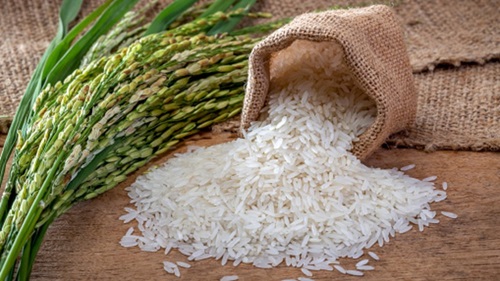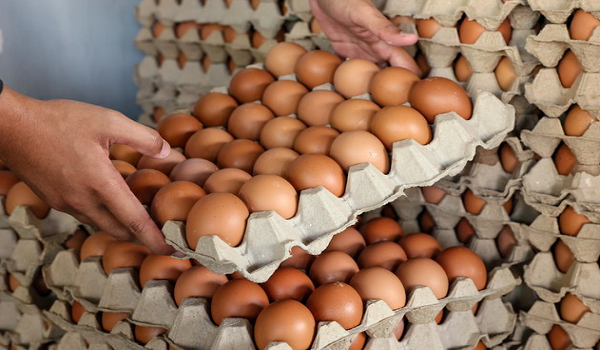Article Summary
Cartels pose a significant threat to fair competition and food security in Malaysia. These illicit groups manipulate markets, often through price fixing agreements, stifling innovation and harming consumers through artificially high prices. This not only hurts ordinary Malaysians but also disadvantages honest businesses struggling to compete.
By : Prof. Dr. Abdul Rahim Abdul Samad
Laboratory of Agriculture and Food Policy Studies
Institute of Tropical Agriculture and Food Security
Universiti Putra Malaysia

Cartels pose a significant threat to fair competition and food security in Malaysia. These illicit groups manipulate markets, often through price fixing agreements, stifling innovation and harming consumers through artificially high prices. This not only hurts ordinary Malaysians but also disadvantages honest businesses struggling to compete.
The Malaysia Competition Commission (MyCC) plays a crucial role in tackling cartels, imposing fines and taking action against fraudulent practices. However, complete eradication remains difficult due to complex ownership structures and a potential culture of collusion.
Concerns surround potential rice cartels and middlemen profiting more than farmers and retailers. Transparent investigations into these allegations are essential, with public disclosure of the findings. If evidence of food cartels manipulating rice prices is found, those involved must face severe consequences, as this directly impacts Malaysians' fundamental right to food.
Farmers also raise concerns about rice manufacturers colluding to lower paddy purchase prices. While a proper investigation is necessary, the Bumiputera Rice Association's claims of BERNAS withholding white rice supply suggest potential irregularities.
BERNAS, the sole national rice importer, has a concession agreement lasting until 2031. While some advocate cancelling this agreement, BERNAS' role in managing rice supply shortages remains relevant. However, a holistic feasibility study should be conducted to assess whether a single importer like BERNAS offers the best solution compared to a more open market with multiple importers.
A competitive rice market would significantly benefit consumers:
Lower Prices: Competition drives prices down to near production costs, making rice more affordable.
Innovation: Competition incentivizes companies to innovate and improve efficiency to stay competitive.
Product Choice: A competitive market offers a wider variety of rice options, catering to diverse consumer preferences.
Fairness for Farmers: Competition ensures farmers receive fairer prices for their paddy.
In contrast, a monopoly can lead to higher prices, stifle innovation, and limit consumer choice. In order to improve the current practice of BERNAS, government should consider the following: first, strengthen anti-cartel efforts by increasing resources and investigative powers for the MyCC because it will help combat cartels more effectively. Second, transparency in BERNAS operations where BERNAS should operate with greater transparency, making data on rice imports and pricing readily available. Third, exploring a competitive import market and this require a feasibility study to analyze the potential benefits of allowing multiple rice importers alongside BERNAS.
By addressing these issues, Malaysia can unlock a more resilient and dynamic rice market. This would translate into several key advantages for Malaysians namely (1) a competitive market fosters a stable supply of rice, reducing reliance on imports and potential disruptions; (2) increase competition can drive down prices, making rice more accessible to all Malaysians; (3) a focus on competitiveness encourages innovation and efficiency, potentially leading to higher quality rice varieties and processing methods; (4) a thriving rice market supports local farmers, boosting rural economies and livelihoods. This expansion provides a clearer picture of the positive impact a competitive and secure rice market would have on Malaysia's food security, affordability, quality, and rural development.
Date of Input: 17/04/2024 | Updated: 17/04/2024 | ezzatyazhari
MEDIA SHARING



























